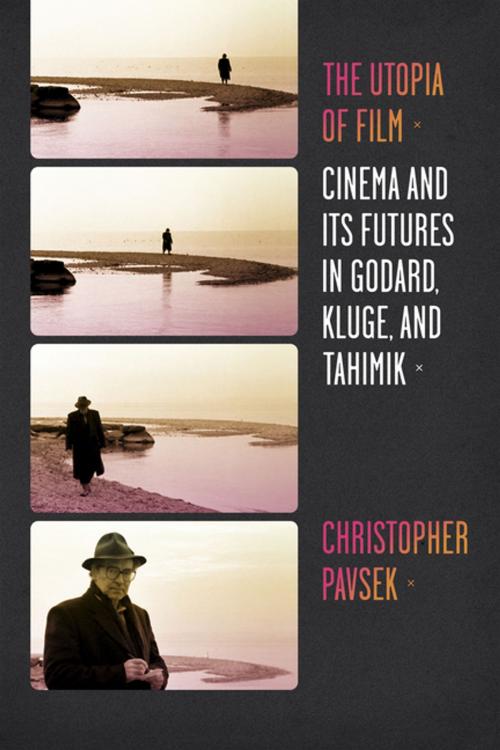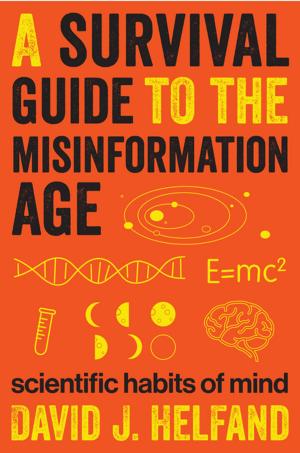The Utopia of Film
Cinema and Its Futures in Godard, Kluge, and Tahimik
Nonfiction, Entertainment, Film, History & Criticism, Performing Arts| Author: | Christopher Pavsek | ISBN: | 9780231530811 |
| Publisher: | Columbia University Press | Publication: | January 29, 2013 |
| Imprint: | Columbia University Press | Language: | English |
| Author: | Christopher Pavsek |
| ISBN: | 9780231530811 |
| Publisher: | Columbia University Press |
| Publication: | January 29, 2013 |
| Imprint: | Columbia University Press |
| Language: | English |
The German filmmaker Alexander Kluge has long promoted cinema's relationship with the goals of human emancipation. Jean-Luc Godard and Filipino director Kidlat Tahimik also believe in cinema's ability to bring about what Theodor W. Adorno once called a "redeemed world." Situating the films of Godard, Tahimik, and Kluge within debates over social revolution, utopian ideals, and the unrealized potential of utopian thought and action, Christopher Pavsek showcases the strengths, weaknesses, and undeniable impact of their utopian visions on film's political evolution. He discusses Godard's Alphaville (1965) against Germany Year 90 Nine-Zero (1991) and JLG/JLG: Self-portrait in December (1994), and he conducts the first scholarly reading of Film Socialisme (2010). He considers Tahimik's virtually unknown masterpiece, I Am Furious Yellow (1981–1991), along with Perfumed Nightmare (1977) and Turumba (1983); and he constructs a dialogue between Kluge's Brutality in Stone (1961) and Yesterday Girl (1965) and his later The Assault of the Present on the Rest of Time (1985) and Fruits of Trust (2009).
The German filmmaker Alexander Kluge has long promoted cinema's relationship with the goals of human emancipation. Jean-Luc Godard and Filipino director Kidlat Tahimik also believe in cinema's ability to bring about what Theodor W. Adorno once called a "redeemed world." Situating the films of Godard, Tahimik, and Kluge within debates over social revolution, utopian ideals, and the unrealized potential of utopian thought and action, Christopher Pavsek showcases the strengths, weaknesses, and undeniable impact of their utopian visions on film's political evolution. He discusses Godard's Alphaville (1965) against Germany Year 90 Nine-Zero (1991) and JLG/JLG: Self-portrait in December (1994), and he conducts the first scholarly reading of Film Socialisme (2010). He considers Tahimik's virtually unknown masterpiece, I Am Furious Yellow (1981–1991), along with Perfumed Nightmare (1977) and Turumba (1983); and he constructs a dialogue between Kluge's Brutality in Stone (1961) and Yesterday Girl (1965) and his later The Assault of the Present on the Rest of Time (1985) and Fruits of Trust (2009).















